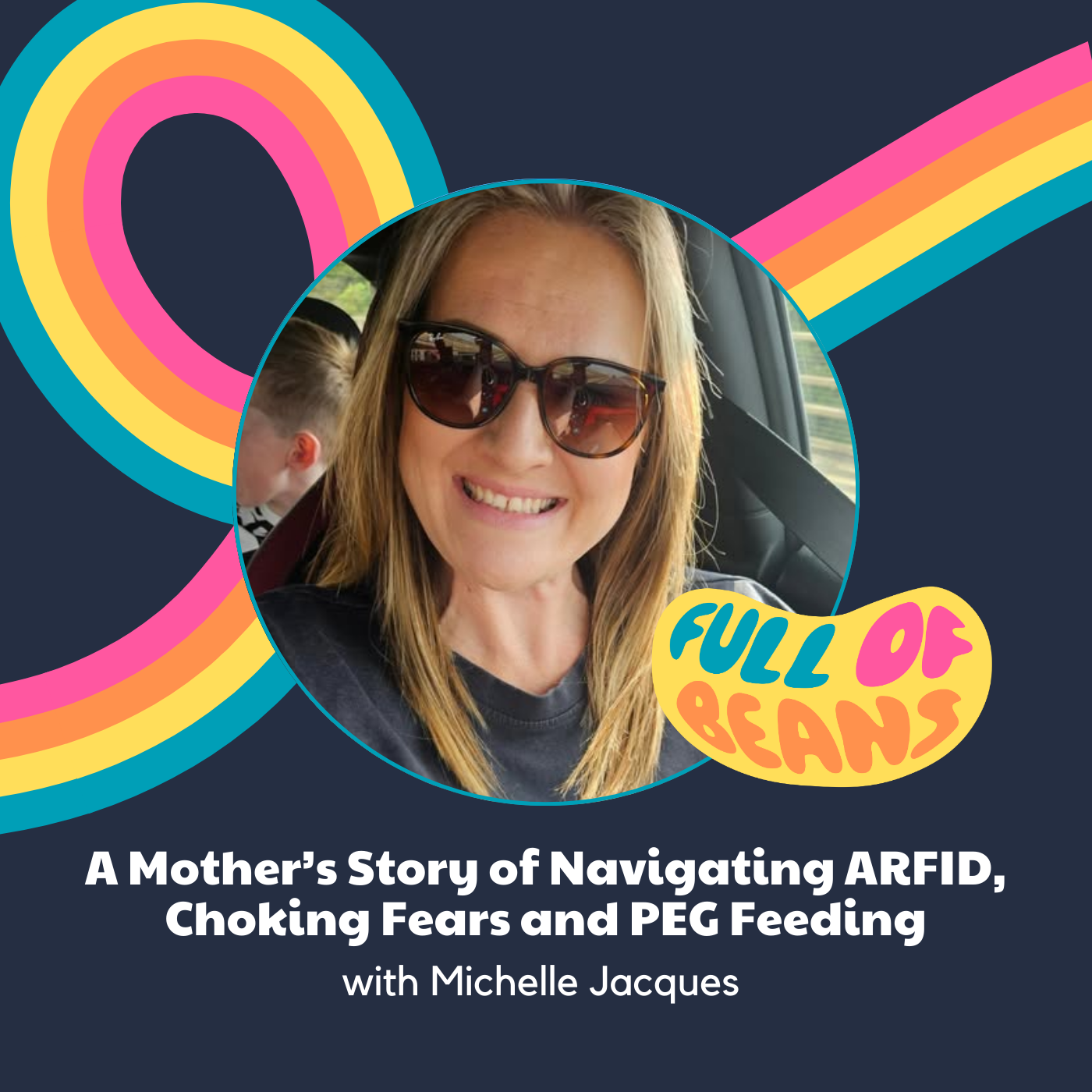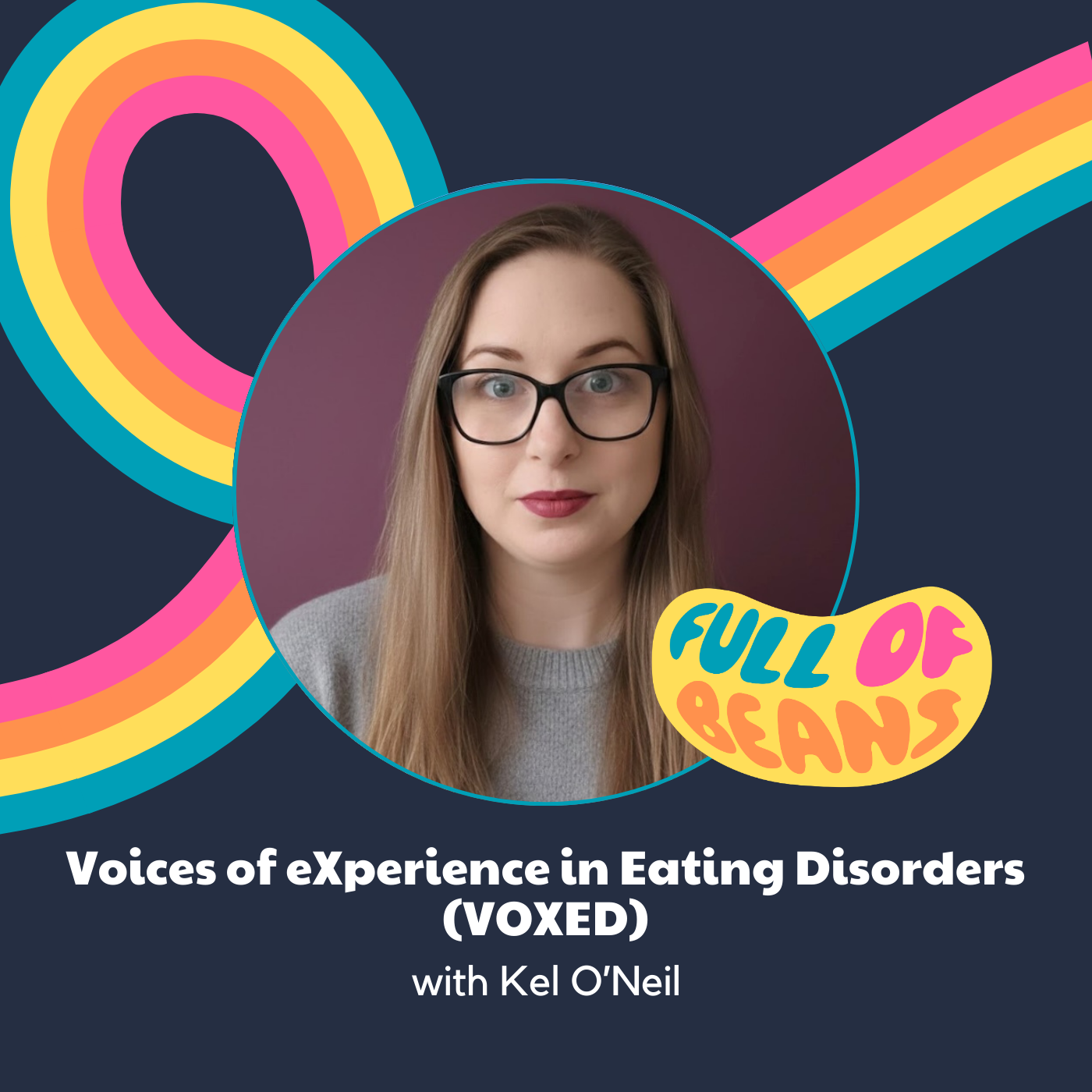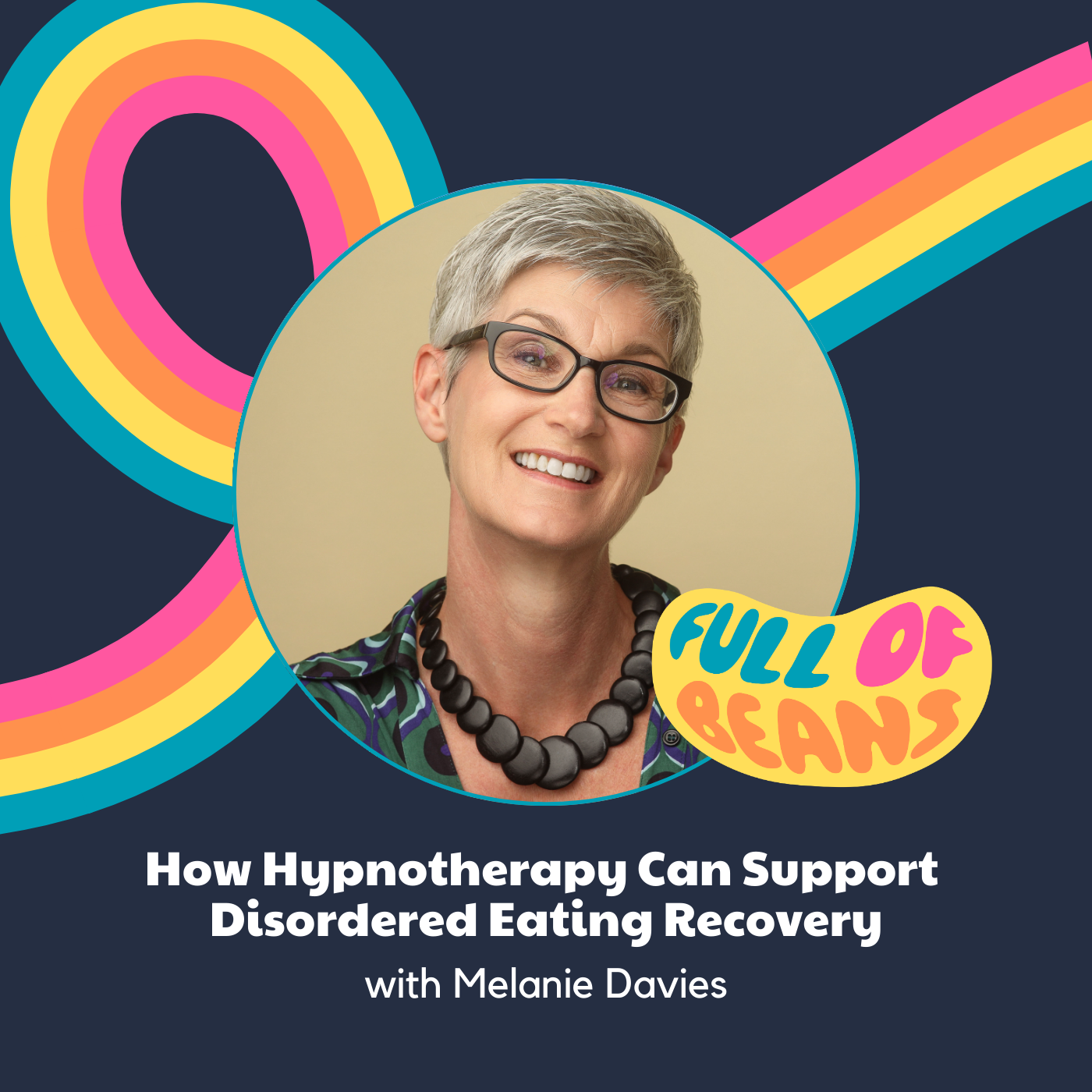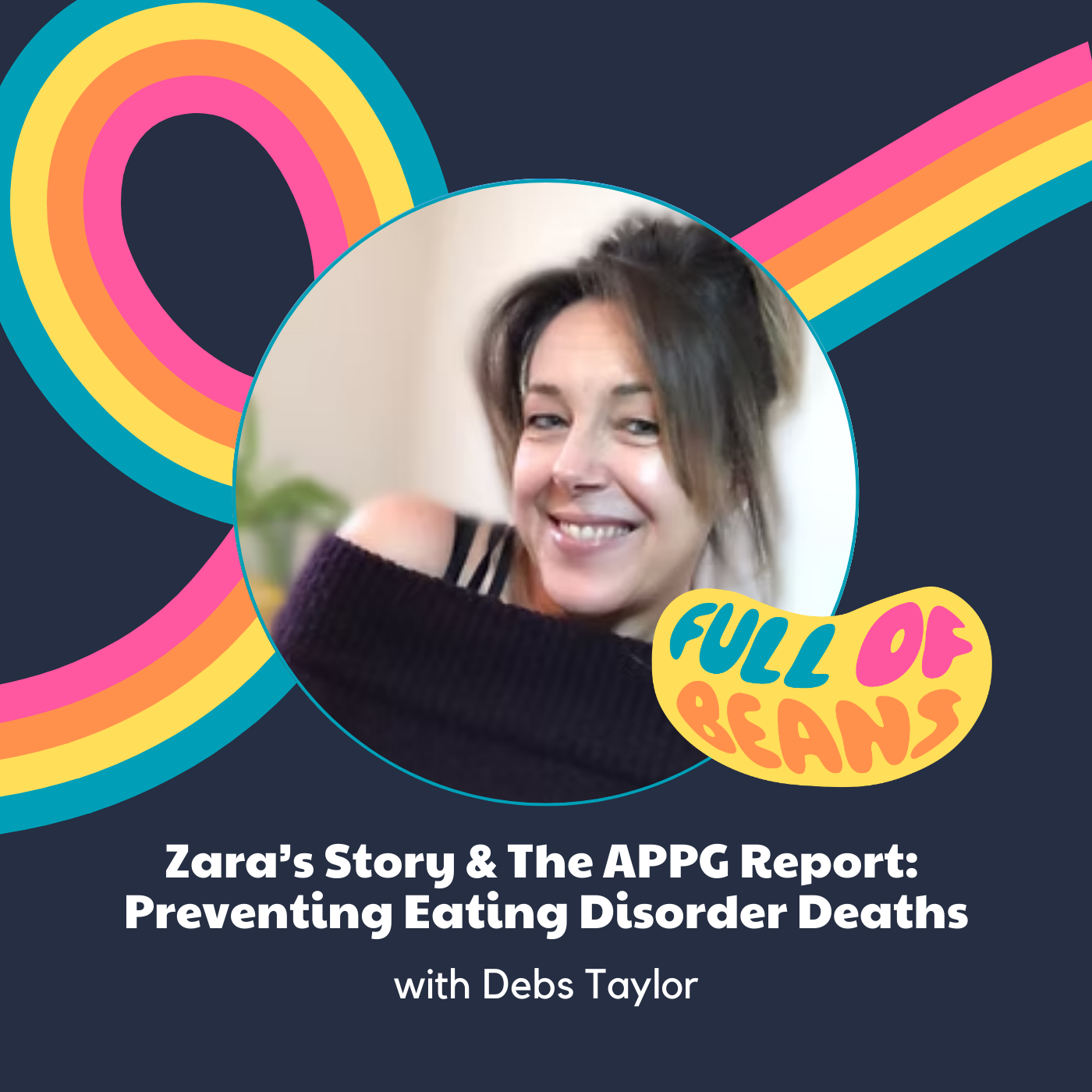Peer Support Work in Eating Disorders
In this weeks episode, Han is joined by Georgie Lazzari. Georgie is a Peer Support Development Worker in the NHS, and a Group Facilitator at First Steps ED.
In this weeks episode, we discuss:
-
Georgie's personal experience and progression to peer support work.
-
Taking sick leave for an eating disorder and returning to work.
-
The method, benefits, and challenges of peer support in eating disorders, and how this differs to clinical support.
-
Working in eating disorders post recovery and the support required for these individuals.
Please note that this episode discusses recovery and eating disorder behaviours that some individuals may find difficult, please tread lightly and check in with yourself.
You can find more information about Georgie @GeorgieLazzari on Twitter and Instagram. Please also go to @FirstStepsED on Twitter and Instagram or www.firststepsed.co.uk to find out more about their peer support work.






